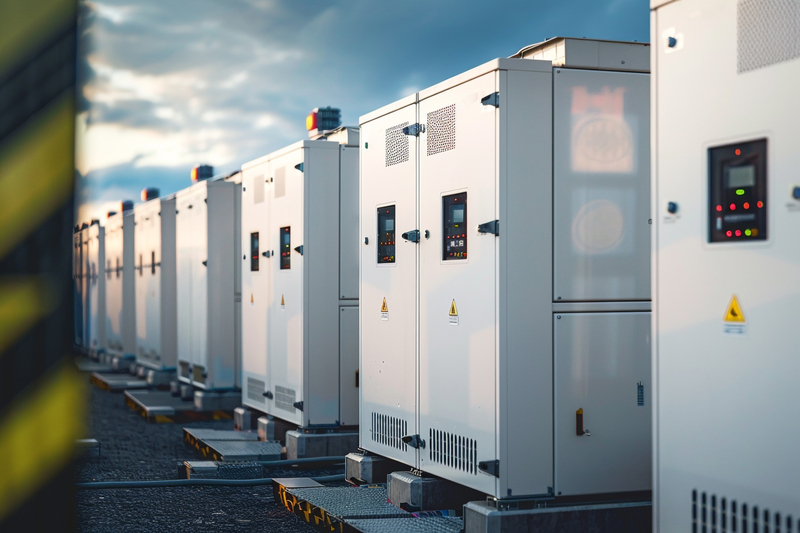
New consortium to help cities deploy local energy systems
15 November 2025
by Jonathan Andrews
Cities in the US are being offered new support to accelerate the rollout of local, resilient energy infrastructure as federal clean-energy incentives approach expiry.
A new national consortium–the Accelerating Resilient Infrastructure Initiative–brings together more than 20 organisations to help municipalities deploy microgrids, battery storage, EV charging and other distributed energy resources.
The initiative responds to growing pressure on local governments as rising energy demand, ageing infrastructure and more frequent extreme weather put additional strain on the grid.
Several participating firms, including Arcadis, Sustainability Partners, Schneider Electric, CDM Smith and Viridi, will work with public-sector organisations to scope, finance and deliver projects that strengthen critical facilities such as hospitals, water treatment plants, schools and emergency services.
Permitting, procurement and interconnection challenges remain significant barriers for cities pursuing microgrids and storage. Jana Gerber, President of North American Microgrids at Schneider Electric, told Cities Today that the initiative has been designed to reduce these delays by coordinating partners in advance.

“Delays often stem from complexity–multiple vendors, unclear accountability, and fragmented processes,” she said. “[This new initiative] addresses this head-on by creating a pre-aligned ecosystem of technology providers, financing partners, and delivery experts.”
Gerber said the consortium aims to support local governments through feasibility assessments, project development and guidance on tax credits.
“Smaller municipalities often lack the resources to navigate incentive timelines and financing complexity,” she added. “That’s why we start with a no-cost feasibility assessment and provide turnkey project development, including guidance on tax credit eligibility and safe harbour provisions.”
With many organisations involved, interoperability and cybersecurity are also priorities for cities considering distributed energy projects. Gerber said the consortium will use standardised digital platforms and governance structures to maintain clarity throughout delivery.
“Interoperability and cybersecurity are a standard part of our software platforms,” she explained. “It is critical in projects that there is accountability ensured through a single point of contact–who manages the entire lifecycle from design to commissioning.”
As cities determine where to deploy microgrids and energy-as-a-service models, many are focusing first on essential services and potential resilience hubs. Gerber advised that projects begin by targeting sites that maintain core operations during disruptions.
“Start with facilities that deliver essential services during emergencies–hospitals, water treatment plants, and public safety buildings. Next, consider sites that can serve as community resilience hubs, such as schools or libraries.”
According to participating organisations, the initiative could unlock up to US$7.5 billion in capital for local energy resilience.
Main image: Nahid Hasan Masud | Dreamstime.com













